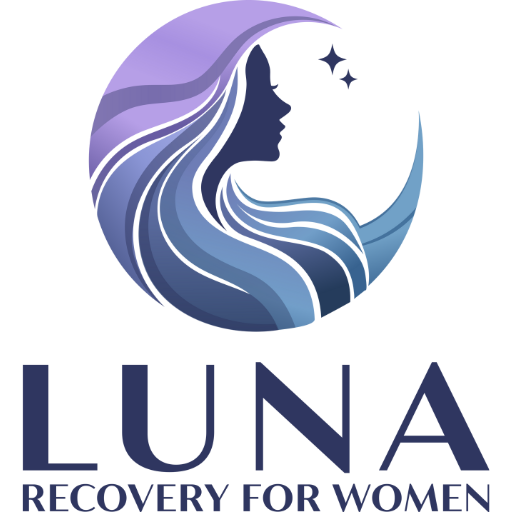Alcohol withdrawal is one of the most serious and potentially life-threatening aspects of substance use recovery. When not managed properly, detoxing from alcohol can trigger severe symptoms such as hallucinations, seizures, and cardiac complications that may result in death. While the journey to sobriety is commendable, it must begin with careful planning and professional guidance to ensure safety and success.
Psychological and Social Impacts of Alcohol Withdrawal

Beyond physical symptoms, alcohol withdrawal can also cause significant psychological effects. The intensity and type of symptoms vary from person to person. Culturally, alcohol is deeply ingrained in social life—entire venues and events like bars, breweries, sporting events, and pop-ups revolve around drinking. This normalization often obscures the risks of dependence and makes it harder to recognize when drinking becomes problematic.
Casual drinks with friends are generally harmless, but once alcohol becomes a necessity rather than a choice, it’s important to consider seeking help. If you or someone you care about is facing intense withdrawal symptoms, immediate medical attention is critical.
Recognizing Mild Withdrawal Symptoms of Alcohol Withdrawal
Withdrawal typically begins with mild symptoms, which might include:
- Headaches
- Increased heart rate
- Sweating and elevated body temperature
- Irritability
These can resemble the symptoms of a hangover and are often overlooked. However, the danger lies in what can happen when a person with a significant alcohol dependence suddenly stops drinking.
Understanding Alcohol Withdrawal Syndrome (AWS)
For individuals with more severe alcohol use, there’s a risk of developing Alcohol Withdrawal Syndrome (AWS). Symptoms can begin just a few hours after the last drink or may take a few days to appear. A particularly dangerous form of withdrawal is delirium tremens (DTs), which can be fatal without proper treatment.
Severe symptoms of AWS include:
- Shaking and tremors
- Intense headaches
- Anxiety
- High blood pressure and rapid heart rate
- Nausea, vomiting, and breathing difficulties
- Light sensitivity
- Confusion, hallucinations, and seizures
Electrolyte imbalances may cause heart arrhythmias or cardiac arrest. Muscle weakness and respiratory issues can also result from phosphate deficiencies. The abrupt disruption of the body’s metabolic balance during withdrawal can cause the heart or lungs to stop functioning, making professional supervision during detox essential.
Alcoholic Ketoacidosis
Another possible complication is alcoholic ketoacidosis, particularly dangerous for individuals with type 1 diabetes. This condition impairs the body’s ability to produce insulin effectively. If not promptly treated, it can be fatal. While not as common as other complications, it’s a serious risk to be aware of during withdrawal.
Alcohol Withdrawal Timeline
The symptoms of alcohol withdrawal follow a general timeline, though the exact onset and severity depend on how much and how long a person has been drinking:
- 6 hours after the last drink: Mild symptoms may begin, including headaches, nausea, vomiting, anxiety, hand tremors, and temperature regulation issues.
- 12–48 hours: More serious issues such as hallucinations, confusion, and seizures can emerge. Most symptoms appear within the first day.
- 48–72 hours: In severe cases, DTs may start to appear. While only about 5% of individuals experience DTs, the symptoms—delusions, hallucinations, confusion, high fever, elevated blood pressure, and a racing heartbeat—are life-threatening.
Get Help With Alcohol Withdrawal in North Andover, MA

The safest way to navigate alcohol withdrawal is under the care of trained professionals. Comprehensive addiction treatment centers provide the necessary medical oversight and emotional support to guide individuals safely through detox and into recovery.
Luna Recovery for women offers catered detox placement services to fit the needs of each individual. Reach out today to learn more about how we can support you or a loved one on the path to lasting recovery.
Contact us anytime at (855) 943-0472 or info@lunarecoverycenter.com, or visit us at 1270 Turnpike St, North Andover, MA (01845).


